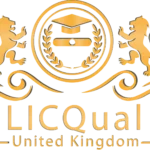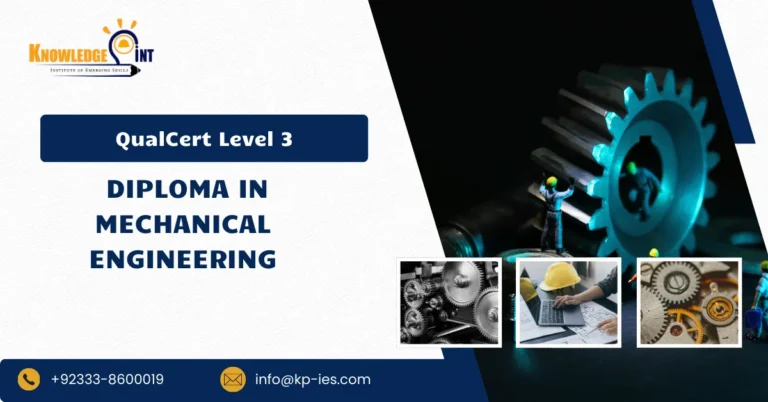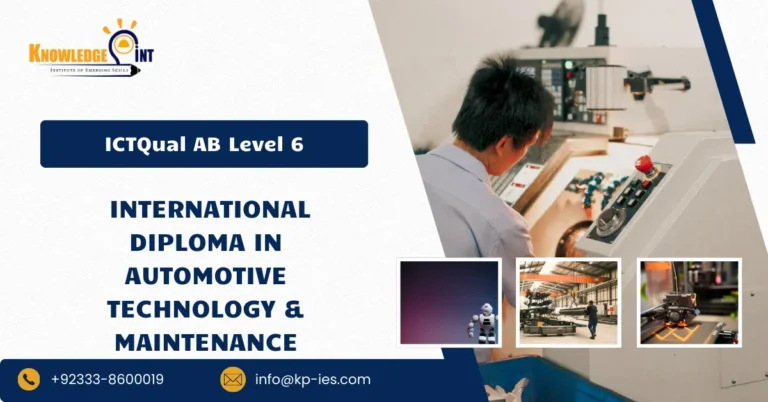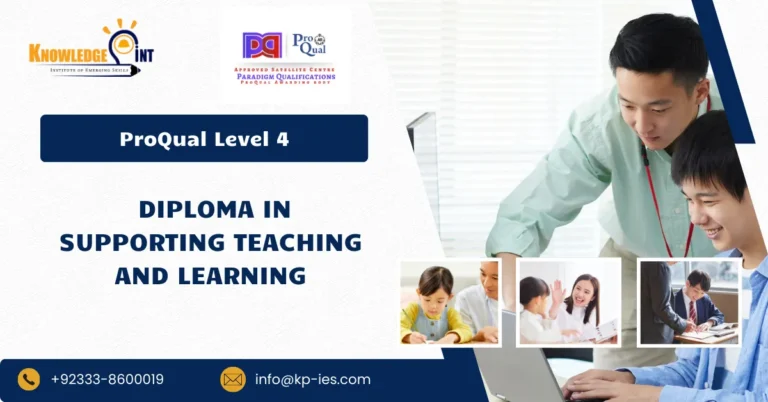LICQual Level 3 Diploma
Total Quality Management
Awarding Body
LICQual
Credits
60 Credits
Course
Quality Management
study mode
Online Learning
Course overview
The LICQual Level 3 Diploma in Building Management System (BMS) is an advanced qualification designed to provide learners with comprehensive knowledge of modern building control and automation technologies. The programme focuses on the operation and management of BMS used to control heating, ventilation, air conditioning, lighting, and energy efficiency in commercial and industrial buildings. Learners gain an understanding of how integrated systems enhance comfort, safety, and operational performance while supporting sustainable building practices.
Throughout the diploma, learners develop practical skills required to install, monitor, and maintain building management systems. Core topics include system architecture, sensors and controllers, fault diagnosis, data monitoring, and energy management strategies. The course also covers system optimisation, regulatory compliance, and sustainability considerations. Emphasis is placed on interpreting system data, responding to alarms, and ensuring the efficient and safe operation of building systems, enabling learners to handle real-world challenges confidently.
This qualification is ideal for technicians, facilities managers, engineers, and professionals seeking to advance their careers in building services and automation. Graduates will be able to support complex building operations, improve energy efficiency, and contribute to smart, sustainable environments. The diploma also serves as a pathway to higher-level technical roles and further professional development in building systems management and automation technologies.

Approved Training centre of LICQual Uk
Centre # : ATC24002

Entry Requirments
Entry Requirements for the LICQual Level 3 Diploma in Total Quality Management:
- Educational Qualifications:Learners should have a Level 2 qualification in a technical, engineering, or building services-related subject, or demonstrate equivalent knowledge.
- Professional Experience:Some experience in building services, facilities management, or technical maintenance is recommended but not mandatory.
- English Language Proficiency:Since the program is delivered in English, learners must show competence in reading, writing, and communication.
Course structure
The LICQual Level 3 Diploma in Total Quality Management in Personal Protective Equipment qualification consists of 6 mandatory units.






